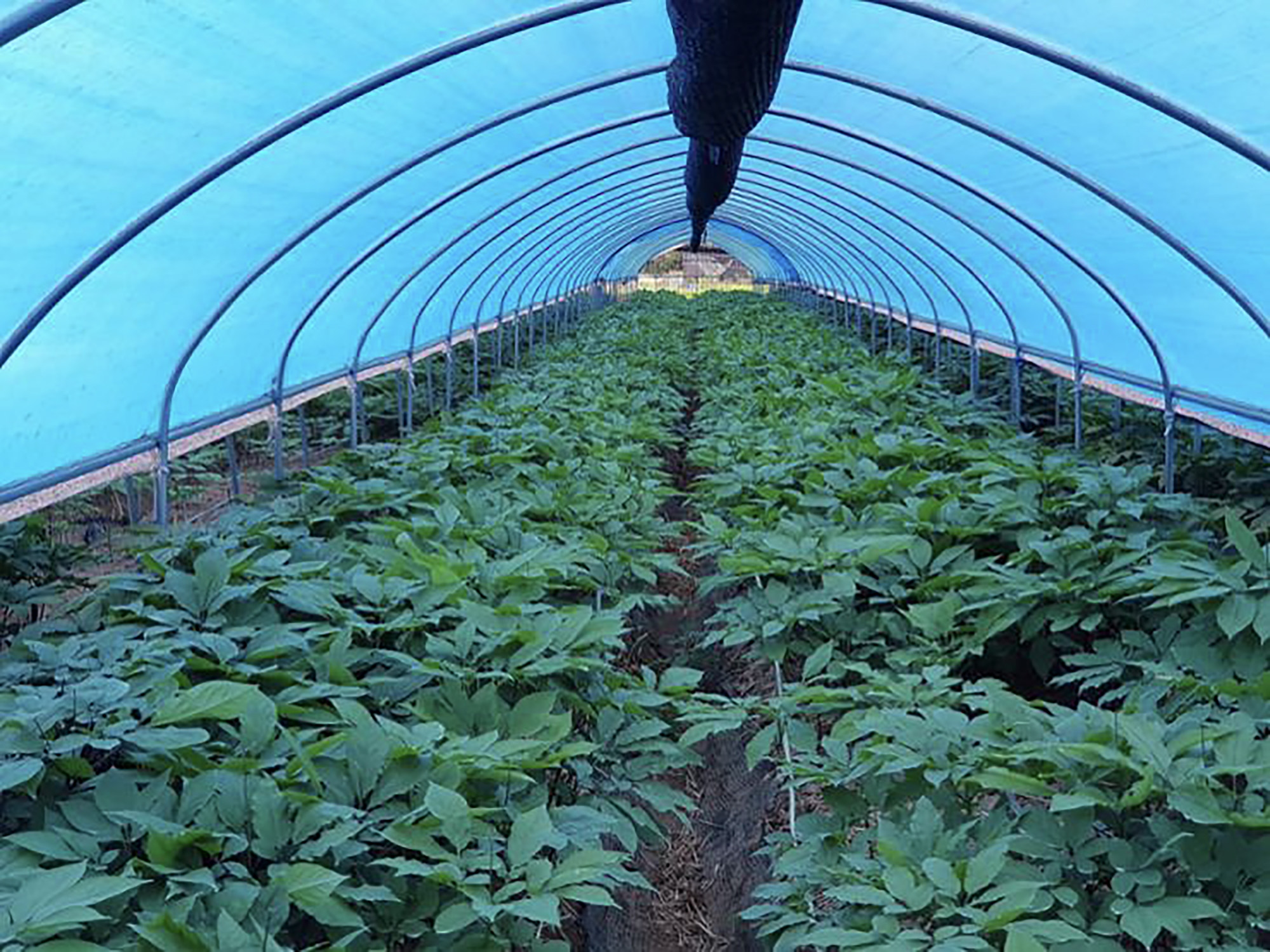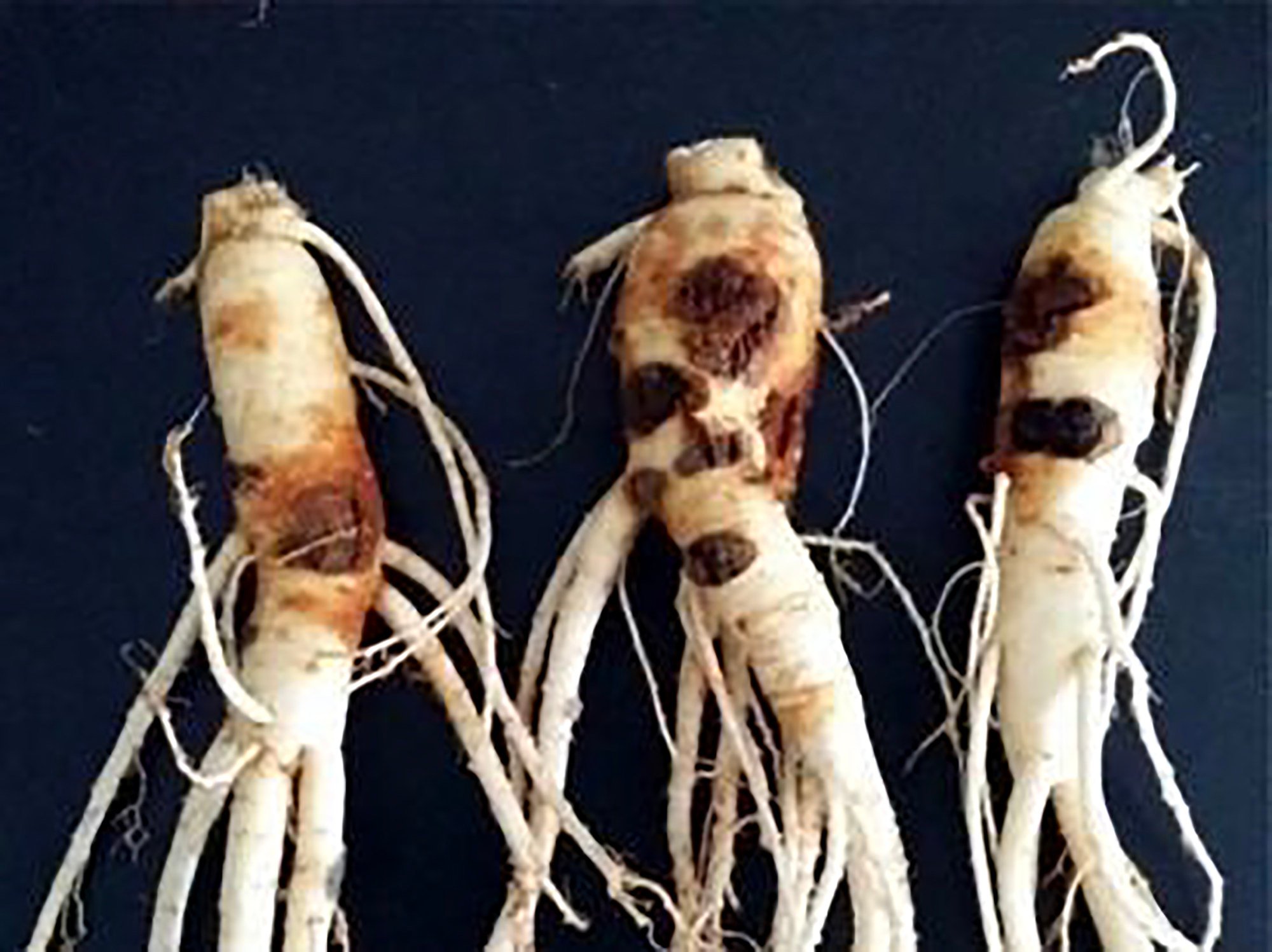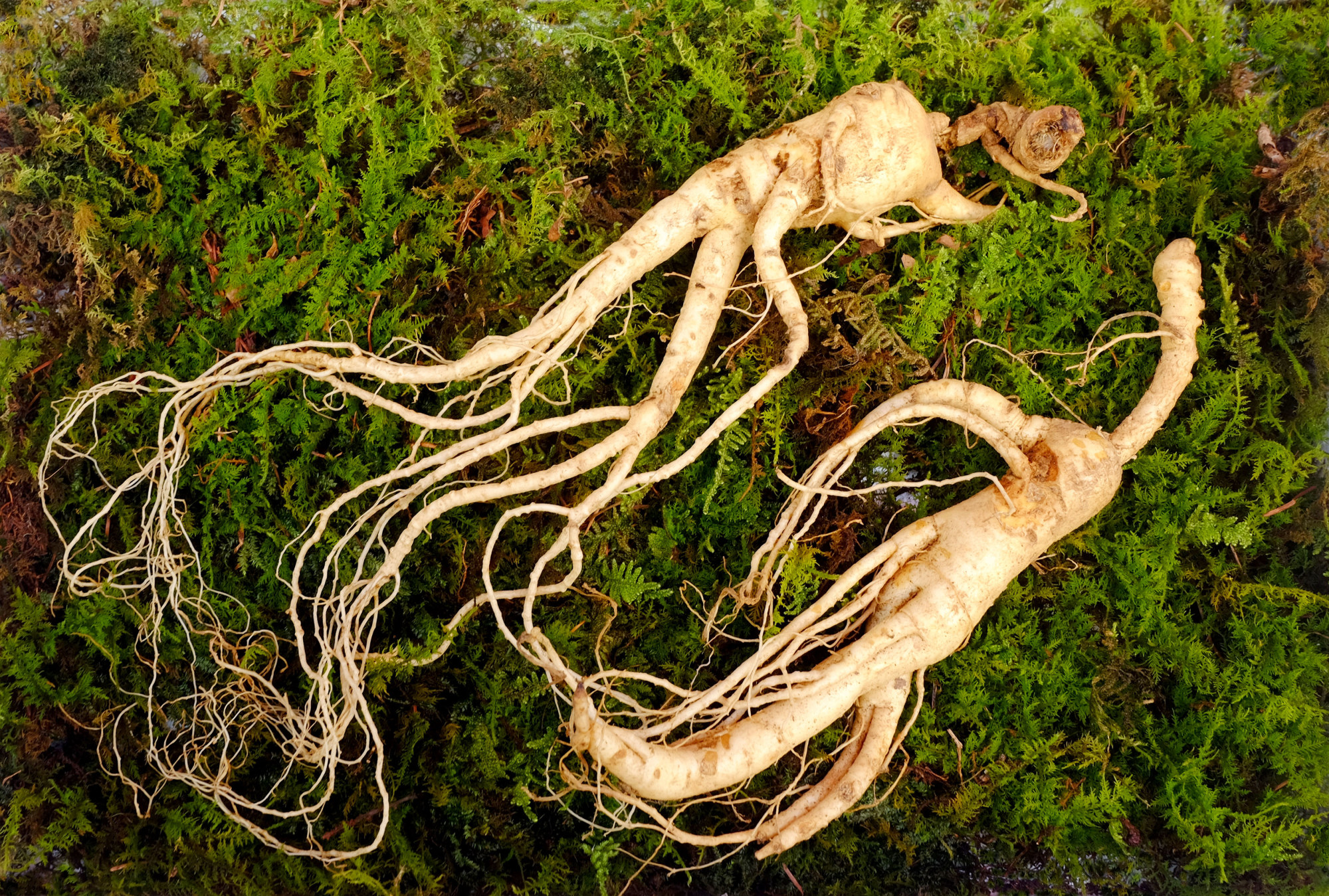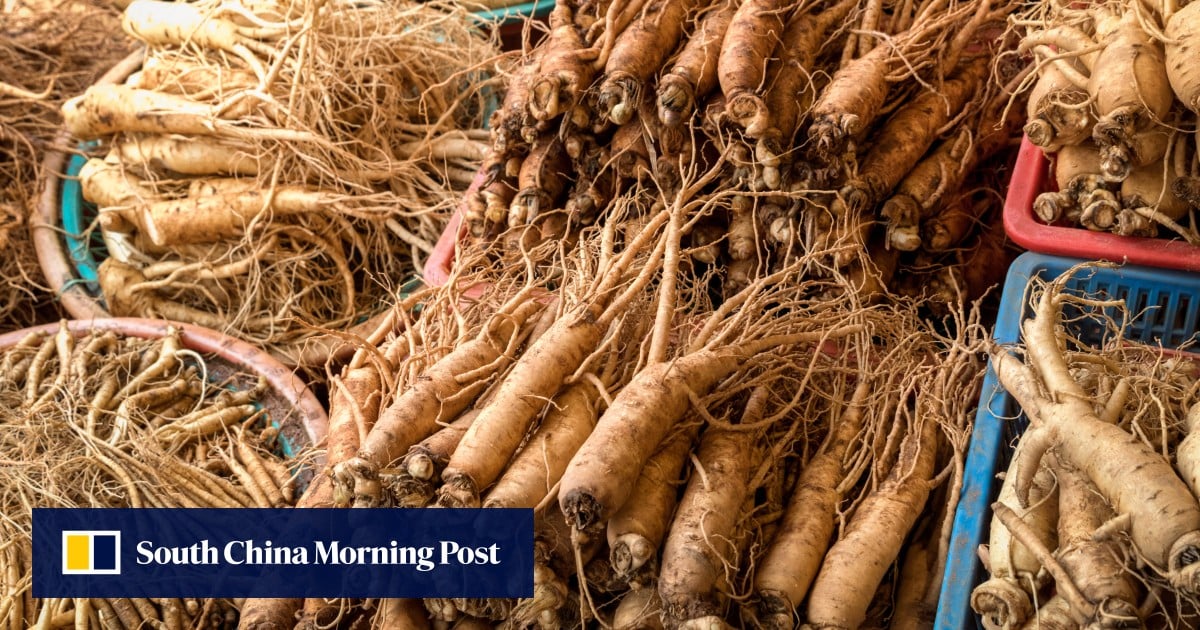KGC, the country’s leading private ginseng product developer with its signature red ginseng product brand Jung Kwan Jang, in 2019 created Seonmyeong, a new variety with strong resilience against extreme heat, and registered it for a trademark.

“Since 1970, we’ve created 20 new varieties and registered them with the International Union for the Protection of New Varieties of Plants,” a company official says.
New ginseng breeds have also been made by the RDA, a state-run research agency under the Ministry of Agriculture, Food and Rural Affairs.
After it created its first new ginseng varieties, Cheonryang, which has high resilience against salt water, in 2011, the agency followed up with newer breeds with resistance against disease in 2013, and against high temperatures in 2018 and 2019.
Besides the new varieties, Korean experts introduced new techniques for safer ginseng harvesting under varying climate conditions. In 2020, KGC patented a then-new sun-blocking film for ginseng cultivation tunnels.

The agency has also been busy developing techniques to prevent the crop’s roots rotting in the soil where it has been growing for years. This problem, a natural trait, has been forcing farmers to transplant ginseng to new land every four to six years.
The RDA first developed a diagnostic kit targeting the problem in 2018 and, the following year, introduced a new preventive technique. It reduced the problem by 26.7 per cent for five-year-old ginseng. Two years later, the agency released a new manual for soil management to prevent the problem.
KGC has also begun promoting Korean ginseng-based health supplement products to foreign markets.

Earlier this month, the company promoted Jung Kwan Jang in Indonesia, where Megawati Hangestri Pertiwi, an Indonesian volleyball star who plays for the brand’s Korean V-League club Jung Kwan Jang Red Sparks, showed up with her teammates to play a friendly match with the Indonesian national volleyball team.
The RDA took its promotion to YouTube. It has begun posting recipes using ginseng.
The highly valued natural root, long beloved by Koreans for its nutritional benefits and health-promoting properties, is particularly dependent on stable climate conditions. But because of extreme temperatures and precipitation, ginseng farmers have been at their wits’ end.
A large portion of the crops failed to grow properly, falling short in terms of their nutritional, and thus monetary, value.

“Surging mercury in summer and downpours during the annual monsoon season are particularly raising ginseng’s disease risks, affecting the crops’ yields and quality,” Kwon Na-young, from the RDA’s National Institute of Horticultural and Herbal Science, says.
The health-supplement market, with its multivitamins, probiotics, cutting-edge vegan foods and various natural ingredient extracts from the land and sea, is also shrinking ginseng’s market.
In 2012, ginseng accounted for more than 50 per cent of the market. It dropped to 44 per cent in 2018 and to 26 per cent in 2021.
“Ginseng consumers in Korea shifted from raw ginseng to manufactured products,” Kwon says. “Korean medicinal plants and herbs are losing appeal to foreign tourists.”

